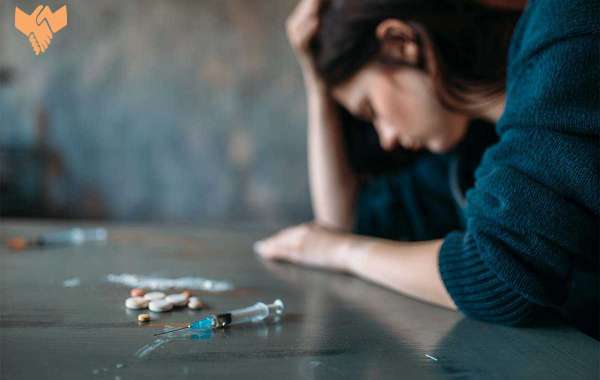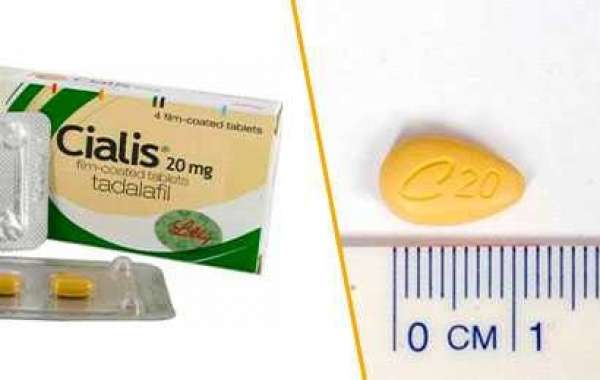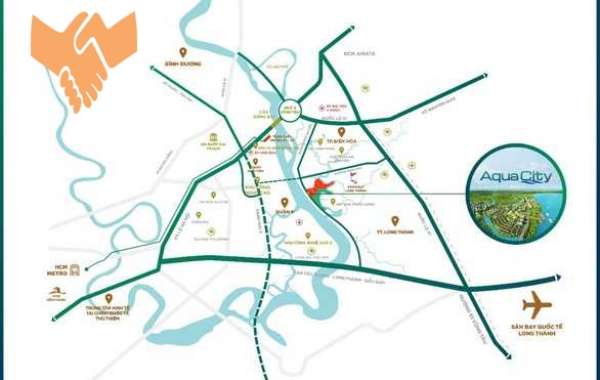If you or a loved one are in need of addiction treatment, there are many options available. Some of the different treatments include medical detox, physical addictions, and group and person-centered therapies. There are even treatment options for co-occurring psychiatric disorders.
Physical addictions
When it comes to addiction treatment, physical and psychological addictions often go hand in hand. However, it's important to distinguish between them.
Physical addictions affect the body's physical structures and function. They may result from prolonged or repeated use of substances. Some substances, such as nicotine, can produce a physical dependence.
Psychological addiction, on the other hand, occurs when a person feels a strong need for a substance. This need can be insatiable, and it can cause significant health and social issues. In addition, psychological addictions can also lead to relapse.
Physical addiction is often caused by dangerous drugs, including cocaine and heroin. It can be treated, though, and is often prevented with the help of medical supervision.
Withdrawal from a physical addiction can be mild or severe, depending on the substance being used. For instance, caffeine withdrawal is mild, while alcohol withdrawal can be life-threatening.
Co-occurring psychiatric disorders
The Substance Abuse and Mental Health Services Administration defines co-occurring psychiatric disorders as two or more mental health disorders that occur simultaneously. People who suffer from these conditions tend to be twice as likely to have a substance use disorder. In addition, people with these types of illnesses are also more likely to have mood or anxiety disorders.
Co-occurring psychiatric disorder can affect individuals of all ages. They can exacerbate symptoms of other disorders, and may lead to homelessness, jail time, and more severe medical complications. As a result, people with these disorders need treatment and support.
People with these disorders should receive help as soon as possible. If they are not diagnosed and treated, they have a higher chance of relapse. Also, they are at a higher risk for violent acts.
Group therapy
Group therapy can be a great help for recovery from substance abuse. It gives people with similar experiences a chance to learn from each other. They can also build relationships and help motivate one another.
The best way to describe group therapy is to say it's a guided discussion. A licensed, certified group therapist leads the sessions. Each session focuses on a specific theme or purpose. For example, cognitive-behavioral/problem-solving groups emphasize teaching the members how to identify and modify behaviors that may be triggers.
As part of the process, members are encouraged to share thoughts, experiences and emotions. This helps them to see their problems in a more tangible light. In addition, group therapy gives them an opportunity to test out new habits.
One of the most important aspects of group therapy is the confidentiality of the process. Therapists must ensure that the environment is free from sexual misconduct and discrimination.
Person-Centered Therapy
In addiction treatment, the use of person-centered therapy is common. It helps clients work towards goals and gain self-confidence. The therapist offers guidance and empathy. They also offer suggestions on how to overcome a problem.
A therapist who is person-centered works in an environment that is non-judgmental and supportive. This can help clients to learn about themselves, their triggers, and their strengths.
Clients who are undergoing therapy are encouraged to take the lead in every session. Each person has a unique journey, and the therapist is there to guide them.
There are many reasons why people seek out addiction treatment. Some may have had a tough childhood, or may have suffered trauma. No matter the reason, people who have substance abuse problems require long-term recovery. Addiction can physically and emotionally harm a person.
Medical detox
Medical detox for addiction treatment is a safe and effective way to get rid of substances in the body. While there are some risks, they can be minimized with proper treatment.
Detoxification is a process in which your body gradually loses substances. The symptoms associated with this process can be uncomfortable and sometimes painful. This is why it is important to seek help as soon as possible.
During medical detox, your body will be carefully monitored and cared for by trained medical personnel. These professionals may administer medications to ease the symptoms of withdrawal. They will also provide around the clock support.
Typically, medical detox lasts for five to seven days. After this time, patients will usually transition to a partial hospitalization or residential treatment program.








